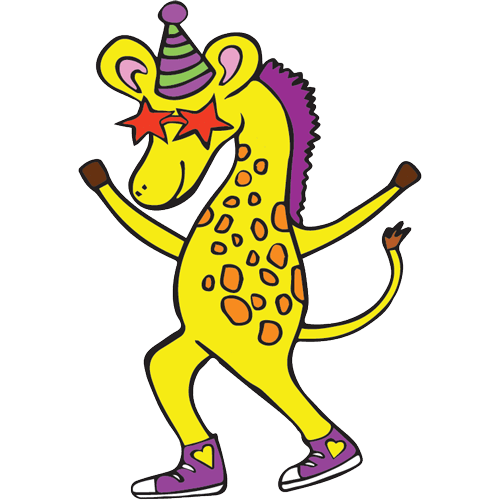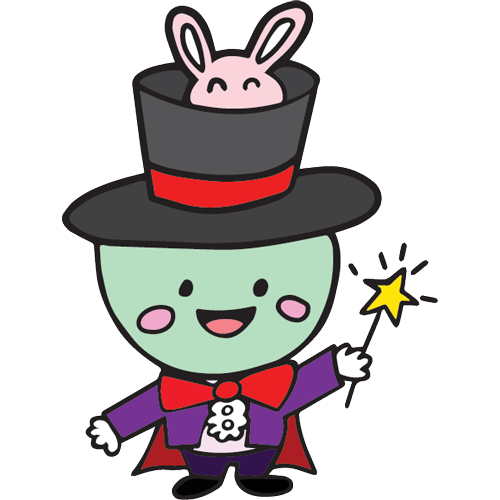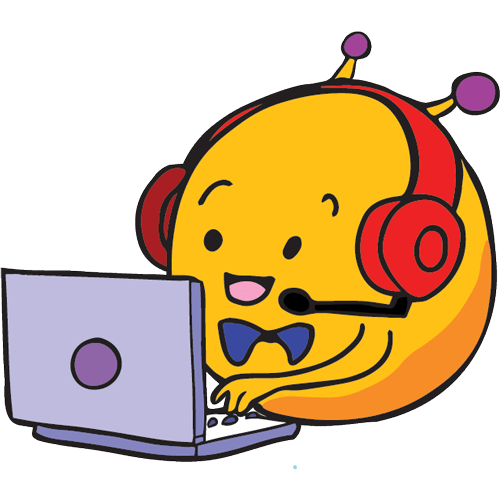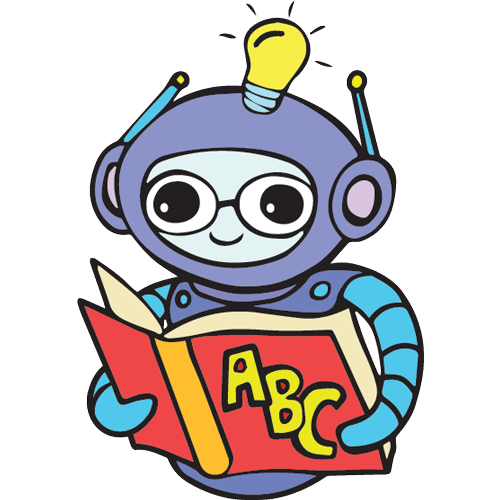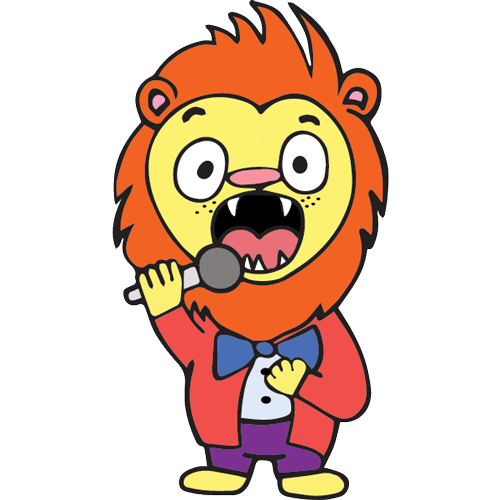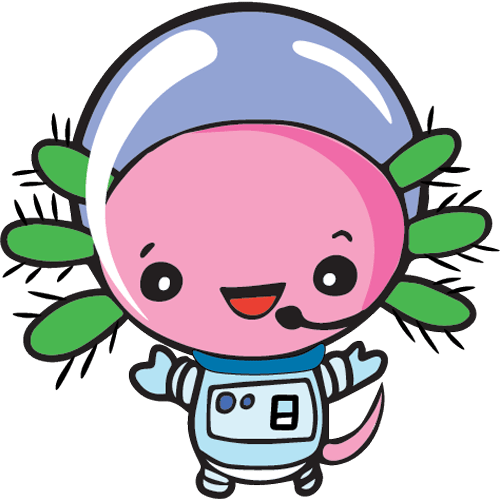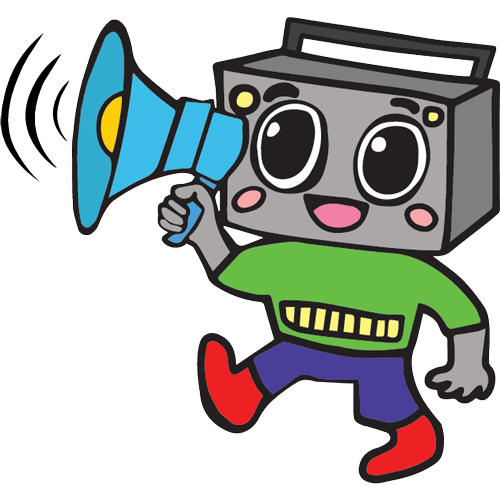Language Discovery Program
Children having difficulty listening, understanding, and speaking.
A comprehensive evaluation of language skills.
Exercises to bolster comprehension and increase verbal expression.

Pediatric Language Discovery Program
The Languageosaurs
Some children have difficulty understanding and interpreting information and may struggle to clearly verbalize their ideas.
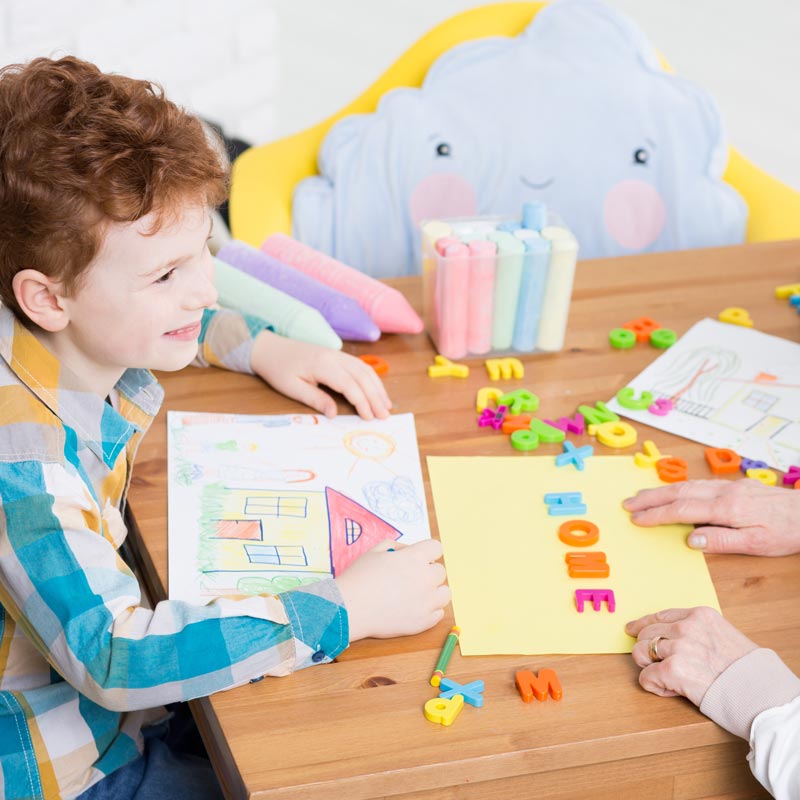
Language Disorders in Children
When children demonstrate difficulty with understanding or expressing language, this is referred to as a receptive-expressive language delay or disorder. Both receptive and expressive language skills are considered foundational to proficiency in reading comprehension and written expression, thus, early intervention is recommended to support overall language and literacy development.
Receptive vs. Expressive Language
While symptoms vary, children with receptive-expressive language disorders may have difficulty understanding what people are saying to them, following directions, identifying or pointing to named objects, answering questions, and engaging in conversation.
This can appear as though your child is not paying attention when you are talking to them or not taking interest in storybooks when read aloud. Children may demonstrate difficulty following verbal instructions and conversation. They may also have challenges understanding longer sentences with a complicated sentence structure.
Expressive language difficulties refer to challenges using spoken language and include difficulty using age-appropriate grammatical structures and sentence forms. Children with delays in expressive language may also exhibit a limited vocabulary when speaking and have difficulty telling stories or participating in conversation.
Children with difficulties in this area may take time searching for the right word or make grammatical mistakes. They may rely on simple sentence forms when speaking even though their understanding of a concept may be higher level. They may also have difficulty sequencing and linking ideas to share their ideas in an organized manner and, as a result, may reformulate their stories multiple times, provide information in a confusing order, or digress to another topic without completing their first thought.
Language Therapy for Children
While many children benefit from help to support the development of their language, your child is one-of-a-kind, and his or her developmental needs are unique. That’s why at Open Lines®, your expertly trained speech-language pathologist (SLP) begins with a one-on-one comprehensive and in-depth evaluation of your child’s language skills.
Standardized and informal assessment measures provide baseline data to help your SLP understand your child’s strengths, determine whether your child’s language skills are age-appropriate, and examine their areas of need. We work with you to set goals for your child, provide answers to your questions about your child’s specific challenges, and see those goals realized and achieved as quickly as possible.
The Open Lines® program follows the highest standards of evidence-based treatment techniques and multisensory approaches to help your child achieve their treatment goals. Using fun and interesting activities that are motivating for children, the Open Lines® team works with each child and their family to provide education and techniques needed to participate in and move through the treatment process quickly and easily, ultimately helping families connect through language and learning.
Together, we will help your child succeed in academic environments, improve your child’s communication and social abilities, reduce frustration due to difficulties understanding language and speaking, and bolster their confidence.
Treating Pediatric Language Disorders at Open Lines®
Contact Open Lines® today by phone at 212-430-6800, by email at [email protected], or through our contact form. If you are ready to take the next steps in treating your child’s language delay or disorder, request an appointment to discuss your goals and review our service options.
Get in Touch With Open Lines®




